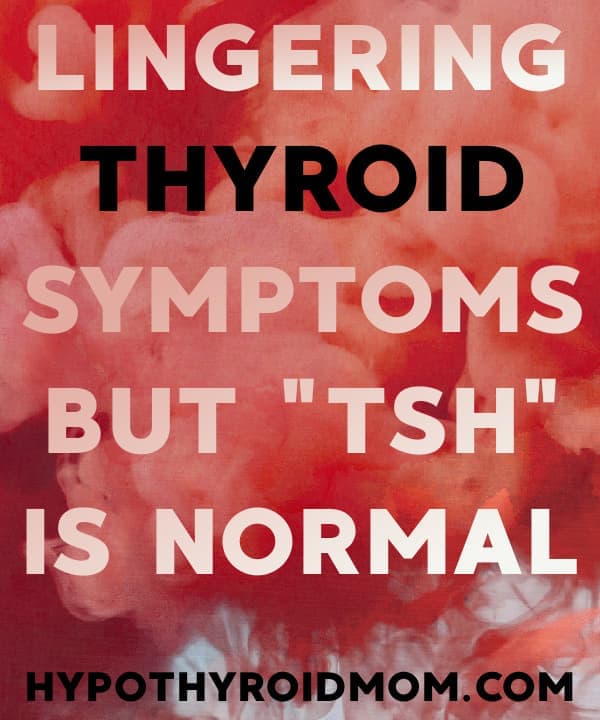THIS WAS MADE FOR YOU
WANT TO FINALLY
FEEL BETTER WITH
HYPOTHYROIDISM?
THE BUTTERFLY-SHAPED THYROID GLAND
UNLESS SOMEONE HAS LIVED WITH HYPOTHYROIDISM TOO, THEY JUST CAN’T IMAGINE WHAT IT DOES TO YOU.
Let’s Talk
TURNING THE TREATMENT OF HYPOTHYROIDISM UPSIDE DOWN
With over 1 million Hypothyroid Mom followers spanning over a decade, I’ve heard it all. In this unique position of hearing stories from countless hypothyroid people every day for years, I’ve discovered shocking trends that have changed my life. From struggling to get out of bed, I’ve reached this place of wellness I never imagined possible. Are you feeling stuck and ready for a radically different approach to hypothyroidism? Book an individual session and let’s create an action plan with the resources you need to jumpstart your way to wellness. Is it possible to feel wonderful with hypothyroidism? Yes, a million times YES!
THIS CAN’T BE A COINCIDENCE
ONE MILLION HYPOTHYROID MOM FOLLOWERS REPORT THE VERY SAME PROBLEM – PERSISTENT SYMPTOMS ON THYROID MEDICINE.
FROM THE BLOG
THYROID SYMPTOMS HEAD TO TOE
EVERY SINGLE ORGAN OF YOUR BODY REQUIRES THYROID HORMONE.
FREE NEWSLETTER
ALL ABOUT HYPOTHYROIDISM
Becoming your own health advocate is the only way to reach wellness with a misunderstood disease like hypothyroidism.


